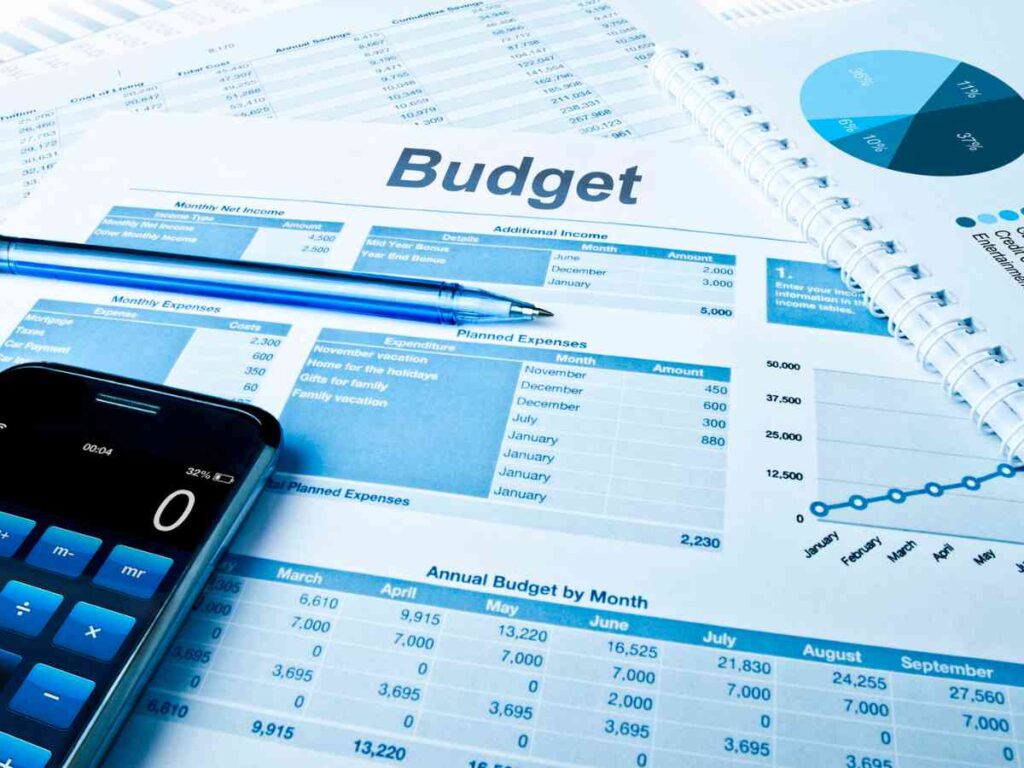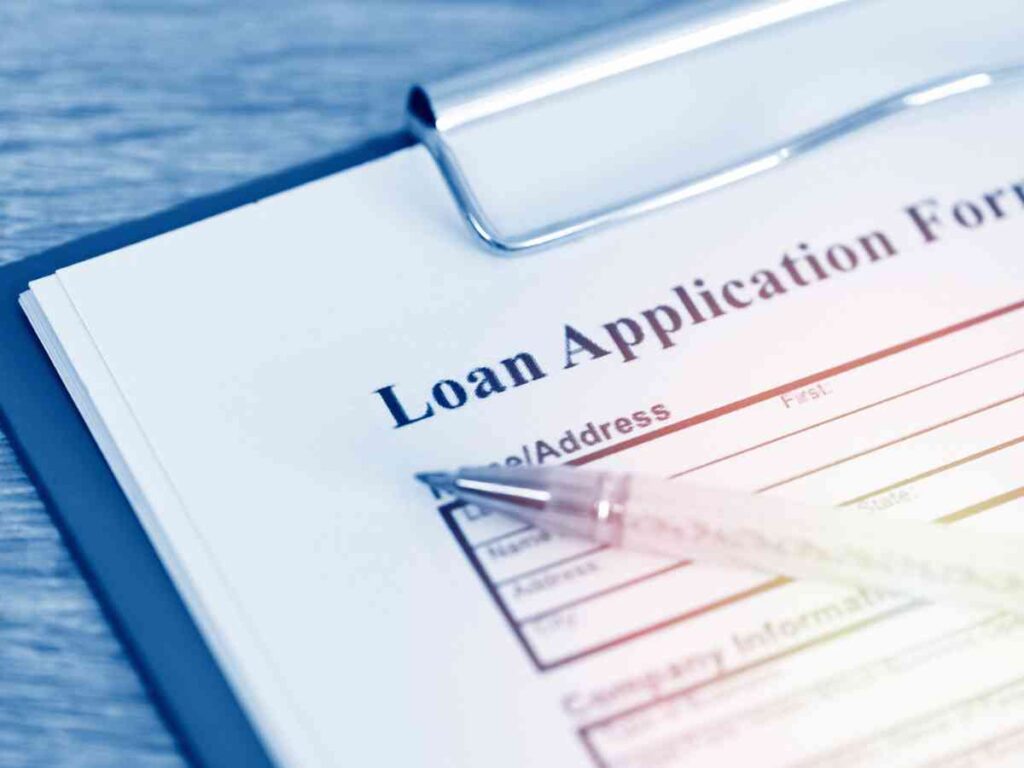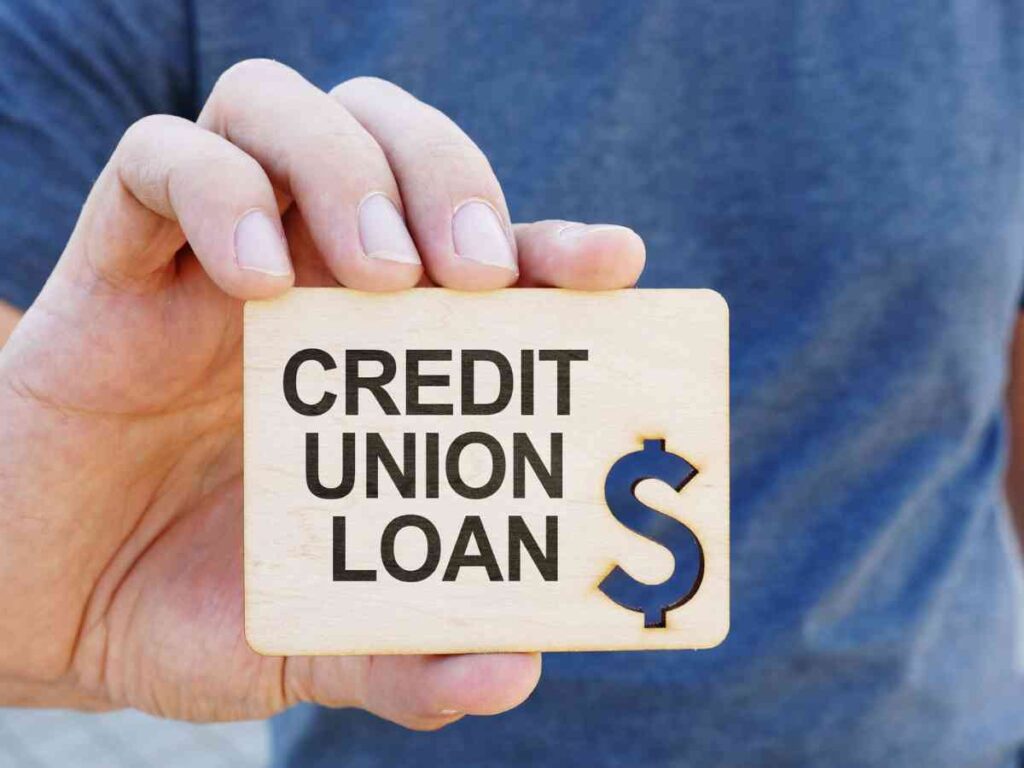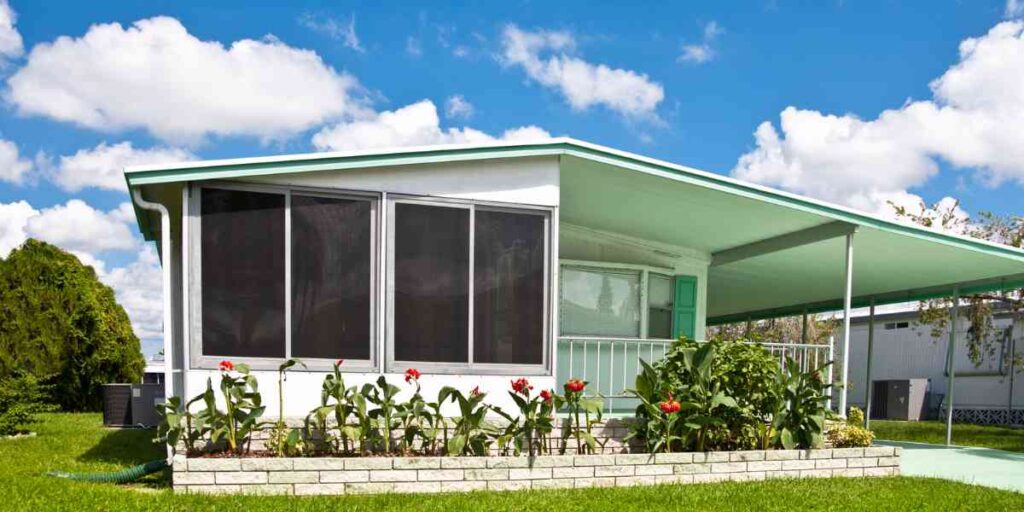Are you in the market for a manufactured home? Are you wondering how to finance your purchase? If so, look no further! We’ve put together all the information you need to know about financing a manufactured home. Read on to learn more and get started on your journey.
1. Research Funding Options

Finding the right way to finance your manufactured home purchase can be a daunting task. But by taking the time to research and compare financing options, you can find the right fit for your budget and lifestyle.
The first step is researching the various options available. Your financing options may depend on your credit score, the purchase price of your home, the size of your down payment, and the type of manufactured home you want to buy.
Banks and credit unions offer traditional loans, while online lenders may be able to provide more flexible terms. And, if you qualify, you may be able to take advantage of government assistance programs. Refinancing existing loans is also an option. By taking the time to research your options, you can find the right financing solution for your manufactured home.
2. Check Your Credit Score

It’s important to check your credit score before applying for a loan to finance your manufactured home. Knowing your credit score will help you determine if you are eligible for loan programs and what interest rate you can expect.
It’s also important to check your credit report to make sure there are no errors or inaccurate information that could negatively impact your credit score and loan eligibility.
3. Calculate Your Budget

Before you can start to look for financing options to buy a manufactured home, it is important to have a good understanding of your budget. This means having a good idea of what you can realistically afford in terms of monthly payments, as well as having a clear idea of the total cost.
To accurately calculate your budget, you’ll need to take into account the cost of the home, taxes, insurance, closing costs, and any other applicable fees.
Additionally, you’ll want to consider the cost of utilities, furniture, and other necessities that come with purchasing a manufactured home. Calculating your budget ahead of time will help you find the best financing option to suit your needs.
4. Find an Experienced Broker

Finding the right lender for your manufactured home purchase can be a challenge, so it is important to do your research and seek help from an experienced broker.
An experienced broker can help you identify the right loan option for your needs and make sure you have all the necessary documents.
They can also provide guidance on credit score requirements and budgeting, as well as help you compare loan offers. It’s important to choose a broker with a good reputation and track record, as they will be able to provide the best advice on the loan you need.
5. Understand Manufactured Home Financing Options

When looking into financing a manufactured home, it’s important to understand the various options available. Some of the most popular financing options include FHA loans, bank and credit union loans, online lenders, and government assistance. Depending on your credit score and budget, you can explore all of these options to find the best fit for your needs.
FHA loans are insured by the Federal Housing Administration and are often a preferred option for those with low credit scores. Banks and credit unions offer traditional loans and may offer better terms than online lenders.
Government assistance comes in the form of grants, loans, and other programs to help those with limited incomes purchase manufactured homes. Additionally, you can take out a loan against equity in your manufactured home as a way to finance your purchase or upgrade. Refinancing existing loans is another option for those looking to save money on their monthly payments.
6. Insure Your Home and Property

Once you have determined the budget and the type of loan you need, the next step is to insure your home and property. It is important to make sure that your manufactured home is adequately covered before you apply for a loan. Many lenders will require that you have insurance before they will approve your loan.
Make sure that your home is covered for any damage that could occur, such as fire or flooding, and also make sure that it is insured for the full amount of the loan.
Additionally, if you are financing a manufactured home on leased land, you will need to have liability coverage for the land in case someone is injured while on your property. Taking the time to get the right insurance coverage for your manufactured home will help protect you and your investment.
7. Gather Necessary Documents

Once you’ve gathered all the necessary information and have an understanding of your finances, it’s time to collect all the documents you’ll need to apply for a manufactured home loan. Depending on the program you’re applying for, you may need to provide proof of income, tax returns, bank statements, credit reports, proof of identity, and other documents.
Your lender may also ask for an affidavit of affixture, which proves the property is permanently affixed to the land. It’s important to gather all of these documents before applying for a loan, so that you can provide everything the lender needs in a timely manner. Having all the necessary documents ready will also help you to get a better interest rate and more favorable terms on your loan.
8. Shop Around for the Best Lender

Now that you have a good idea of the type of loan you are looking for, it’s time to start shopping around for the best lender. Don’t just settle for the first lender you find. Take your time and do some research. Compare interest rates, loan terms, and other factors to find the best deal.
You should also consider any additional fees or costs that may be associated with the loan. The more research you do, the better chance you have of finding a lender that meets your needs. Additionally, it’s important to keep in mind that not all lenders offer the same type of loan. Make sure that the lender you choose is willing to provide the type of loan you are looking for.
9. Apply for a Loan

Once you have found a lender that meets your needs and you have gathered the necessary documents, you can apply for a loan. Make sure to read the terms of the loan agreement and ask questions if anything is unclear. You may need to provide additional documentation, such as proof of income and a credit report.
The lender will also need to evaluate your property to confirm that it meets their standards. Once you submit your application, the lender will review it and provide you with a response.
Depending on the lender, you may receive an approval within a few days or a few weeks. If you are approved, you can then proceed to the next step of closing the loan and moving into your new home.
10. Explore financing options from banks and credit unions

Exploring financing options from banks and credit unions can be a great way to find the best fit for your financial needs. Banks and credit unions offer a variety of services, such as checking accounts, mortgages, investment services, and more.
Financial institutions like banks and credit unions also accept deposits of money, lend money, and offer other services that can help you. Credit unions often provide competitive financial products with better rates and fees compared to a typical bank. It is important to compare rates and fees when looking for the best financing option.
Our Nerds have spent more than 200 hours comparing and rating banks, neobanks and credit unions, so you can take advantage of their expertise when choosing the best option for you.
11. Consider using an online lender
Using an online lender for your financial needs can be a great option for many people. The process of applying for an online loan is often simple and straightforward, and the rates and terms can often be quite competitive. Additionally, online lenders are just as safe as those from large banks, provided the lender is reputable. Before applying, it’s always a good idea to research the lender, as well as review your own income and savings.
Many online lenders will even allow you to check the rates you might qualify for with a soft credit pull so that your FICO® Score won’t be affected. With the right research and preparation, using an online lender for your financial needs could be the perfect fit for you.
12. Consider taking out a loan against equity in your manufactured home
If you are considering taking out a loan against the equity in your manufactured home, there are a few different options available. It is best to start by contacting the lender who originally provided the mortgage for your mobile home, as you already have a relationship with them. Another option is to get a home equity loan, though many banks have size requirements that must be met in order for a single-wide trailer to qualify.
You may also be able to get a mobile home equity loan or line of credit (HELOC). There are also other mobile home equity loan options you can explore. However, note that you cannot usually get a home equity loan on a double-wide mobile home unless you own the land it resides on or you convert it.
13. Consider taking out a home equity loan
If you’re looking for a way to consolidate your debt, take a look at a home equity loan. It can offer a lower interest rate than credit cards or other loans, and you can borrow a lump sum of money at a fixed rate. To qualify, you’ll need to have a credit score of at least 680, and you’ll need to have a stable income. Home equity loans can be a great way to get out of debt, so consider taking one out if it’s right for your situation.
- Gulf Shores Getaway: 25 Exciting Things to Do and See in Alabama’s Hidden Coastal Gem! - May 31, 2023
- Lexington, KY: 25 Things to Do and See in the Horse Capital of the World! - May 29, 2023
- Atlantic City Adventures: 25 Things to Do and See in the Entertainment Capital of the Jersey Shore! - May 27, 2023

